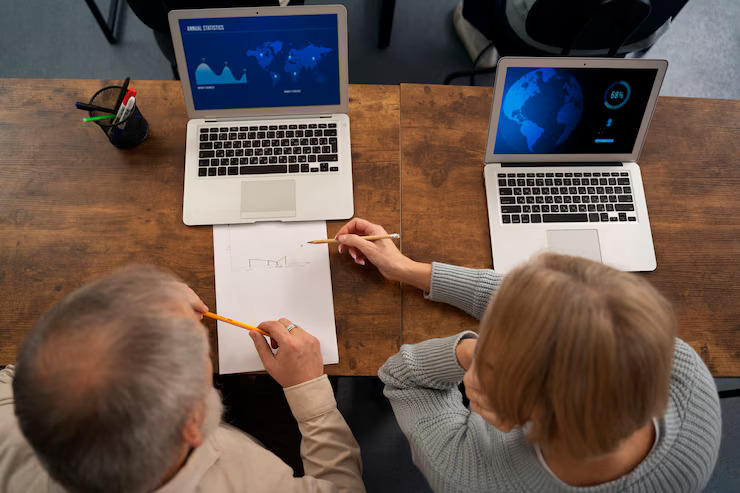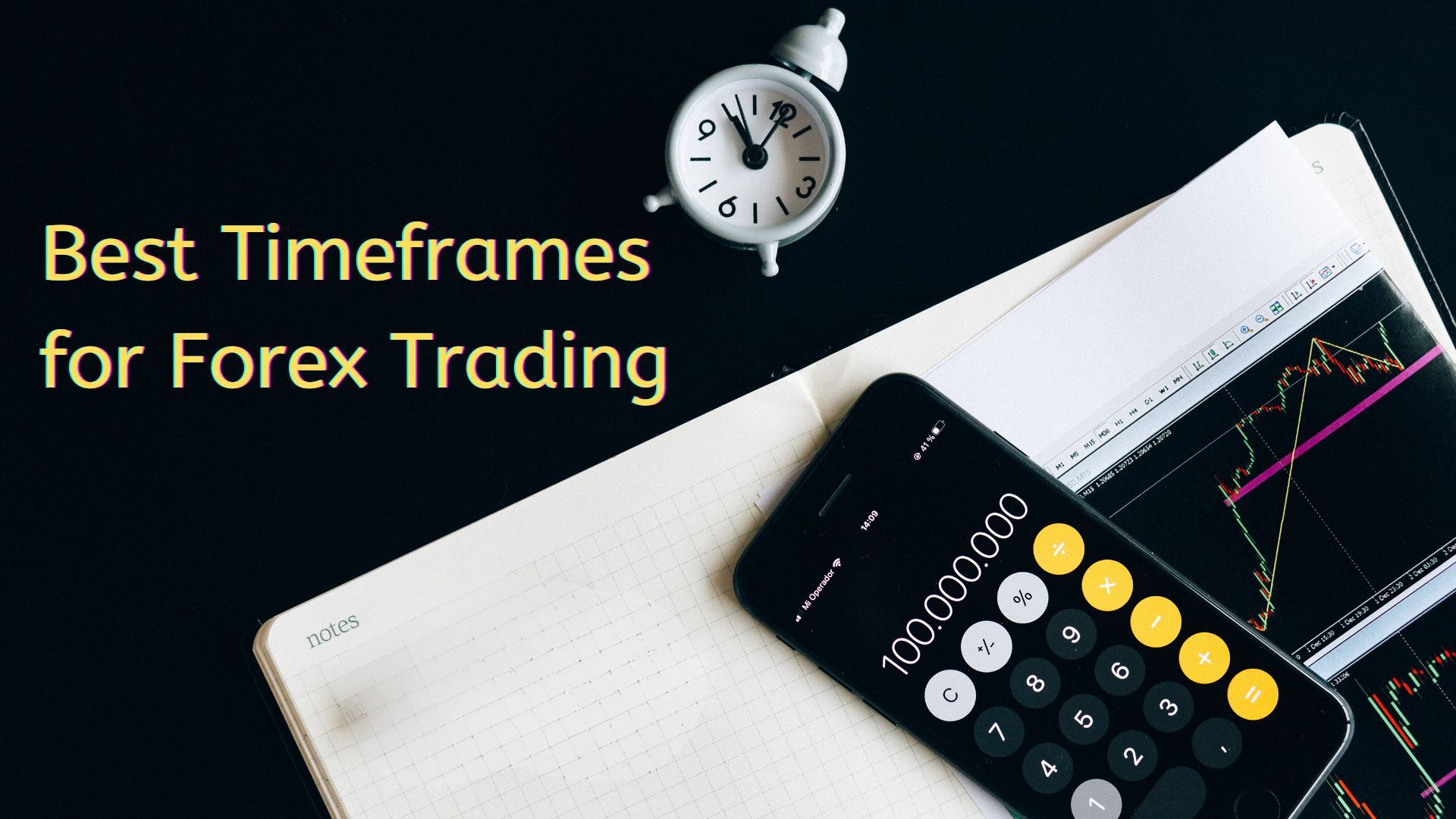Remote trading, particularly in the cryptocurrency and forex markets, presents unique challenges for traders. The fast-paced nature of these markets, combined with the isolation of working from home, can have a significant impact on a trader’s psychological well-being. Here are some key psychological aspects that traders should consider when engaging in remote trading: Read More
- Emotional Regulation: Remote traders must learn to manage their emotions effectively, as the high volatility of the cryptocurrency and forex markets can lead to impulsive decision-making. Emotions such as fear, greed, and excitement can cloud judgement and result in poor trading outcomes. Developing strategies to control these emotions, such as taking regular breaks, practising mindfulness, and maintaining a healthy work-life balance, can help traders make more rational decisions.
- Self-Awareness: Understanding one’s own cognitive biases and emotional triggers is crucial for successful remote trading. Traders should be aware of biases such as overconfidence, anchoring, confirmation bias, and loss aversion, which can lead to irrational decision-making. By recognizing these biases, traders can take steps to mitigate their impact on their trading strategies and outcomes.
- Risk Management: Remote traders must have a solid risk management plan in place to protect their capital and minimise losses. This includes setting stop-loss orders, diversifying their portfolios, and avoiding overexposure to high-risk assets. By effectively managing risk, traders can reduce the emotional stress associated with trading and maintain a more balanced mindset.
- Discipline: Maintaining discipline is essential for remote traders, as they are often working in a less structured environment. Traders should set specific trading hours, stick to their trading plans, and avoid making impulsive decisions based on short-term market fluctuations. By staying disciplined, traders can avoid the pitfalls of overtrading and maintain a more focused and objective approach to their trading strategies.
- Continuous Learning: The cryptocurrency and forex markets are constantly evolving, and traders must stay updated on the latest trends and developments. Engaging in ongoing education, attending webinars, and participating in trading communities can help traders stay informed and adapt their strategies to changing market conditions. By continuously learning and improving their skills, traders can enhance their confidence and decision-making abilities.
- Develop a Trading Journal: Keeping a detailed trading journal can provide valuable insights into your trading performance and help you identify patterns and areas for improvement. In your journal, record your trades, including the entry and exit points, the reasoning behind your decisions, and the outcome of the trade. Additionally, note any emotions or external factors that may have influenced your trading. By regularly reviewing your trading journal, you can learn from your past experiences and make more informed decisions in the future.
- Practice Visualisation Techniques: Visualisation techniques can help remote traders improve their focus, confidence, and decision-making abilities. Before starting your trading session, take a few minutes to visualise yourself making successful trades, managing risk effectively, and maintaining a calm and focused mindset. You can also visualise various market scenarios and practise how you would react to them. By incorporating visualisation into your trading routine, you can enhance your overall performance and reduce the impact of negative emotions on your decision-making process.
In conclusion, remote trading in the cryptocurrency and forex markets requires a strong focus on psychological well-being. By developing strategies to manage emotions, understanding and mitigating cognitive biases, and maintaining a disciplined and continuous learning approach, traders can enhance their performance and achieve long-term profitability in the remote work era.





